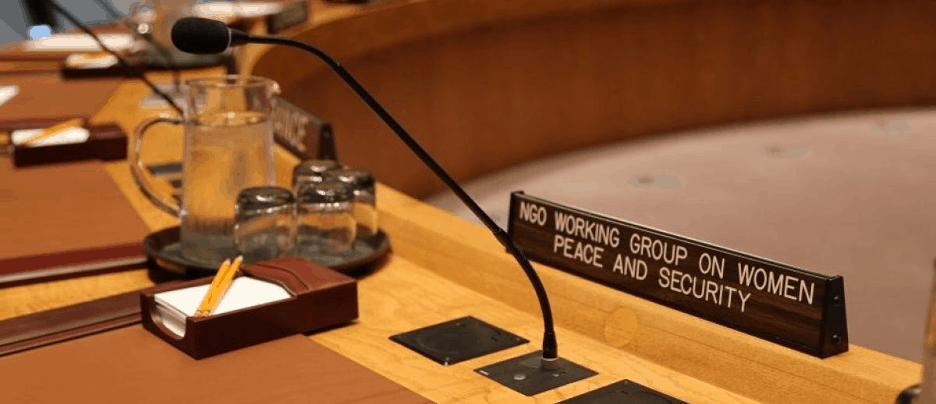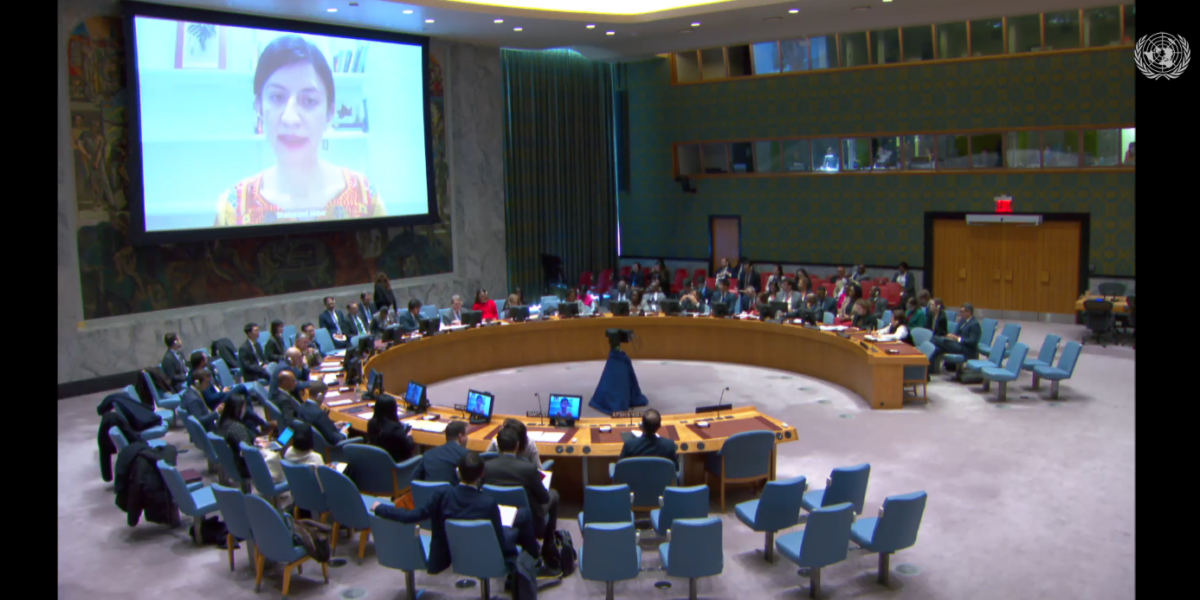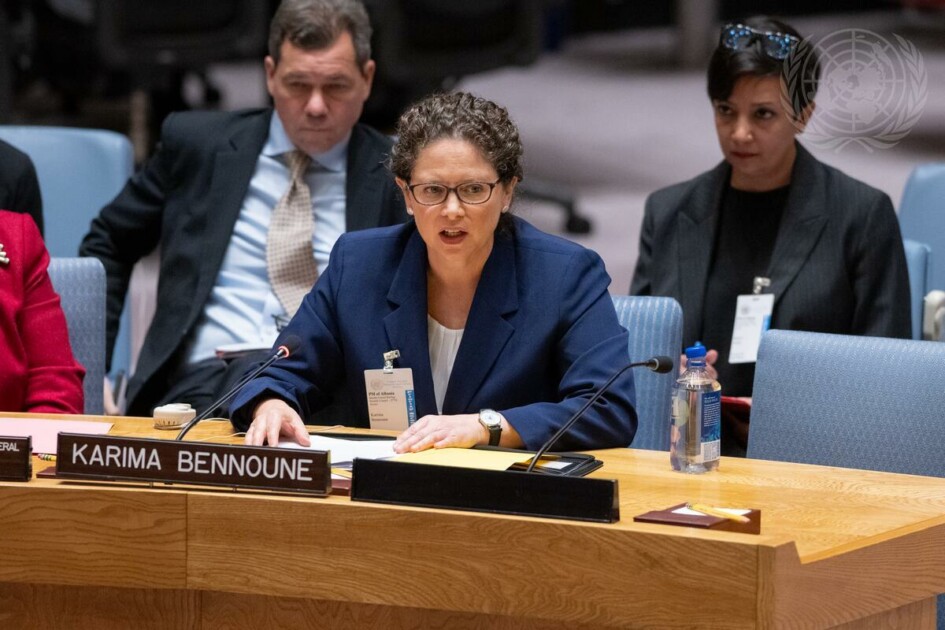Afghanistan
Afghanistan
Afghanistan has been engulfed in violent armed conflict since the fall of the Taliban regime in 2001, and efforts to build sustainable peace while preventing the re-establishment of extremist rule depend on the inclusion of women.
Living in the most dangerous place in the world to be a woman, as the Thomas Reuters Foundation revealed in 2011, Afghani women have emerged as leaders in the peace process— advocating constantly for more inclusive government, and inspiring marginalized groups nationwide to demand a place in the political system. Despite the important role that Afghani women play in bringing about social change in Afghanistan, many barriers to their involvement still exist.
Based on the work of NGOWG members and their partners, the NGOWG advocates for eliminating these barriers by encouraging UNAMA to support the Afghan government in fully implementing the National Action Plan on Women, Peace and Security (NAP), and ensuring women’s full and equal participation in regularly held elections.
Current and Past Recommendations to the UN Security Council (Monthly Action Points)
In the forthcoming mandate renewal for the UN Assistance Mission in Afghanistan (UNAMA), the Council should maintain the existing references to women and girls (S/RES/2489 (2019), OPs 5(e), 5(f)) and add a new provision calling for gender to be a cross-cutting issue across the mandate of the mission. The Council should also:
- Call on the Government and its international partners to ensure efforts to prevent violent extremism do not undermine human rights or impede the ability of civil society, including women’s groups, to operate effectively.
- Add a provision to UNAMA’s mandate that calls on the mission to ensure women’s rights and gender equality is concretely embedded across the work of the Government, in line with the Government’s stated priorities, including in its implementation and financing of the 1325 National Action Plan (NAP) as well as broader relief efforts.
- Further call on UNAMA, as part of its efforts to support the implementation of CEDAW, to monitor violations against Afghan women and girls’ access to education, healthcare and employment outside the home, as well as violations against Afghan women seeking political office (CARE Intl., HRW, MSF).
- Add a provision to UNAMA’s mandate that calls on the mission to prioritize activities and efforts to promote women’s protection and participation, mirroring the request to prioritize child protection activities. These activities and efforts should include confidence-building measures between the Taliban, the Government and civil society, including women, and encompass gender-responsive services for survivors of gender-based violence (GBV) and the COVID-19 pandemic (Amnesty Intl., CARE Intl., OCHA, Cordaid, HI, HRW, Women Enabled Intl.).
- Call on the Government and international partners to ensure that efforts to counter drug trafficking are grounded in gender analysis and are gender-sensitive in their implementation.
- Call on the Government and international partners to increase efforts to support women’s meaningful participation in all aspects of peace and security processes, to address the sustained violence against Afghan women leaders, activists, journalists, healthcare providers and human rights defenders (CEDAW/C/AFG/CO/1-2, Amnesty Intl.), and introduce mechanisms that empower women to oversee the long-term implementation of the peace agreement.
- Call on the Government to develop, in consultation with female members of the State Ministry of Peace Affairs, clear procedures to engage women in peace negotiations and conflict resolution efforts (CEDAW/C/AFG/CO/1-2) and to ensure that Afghan women from diverse groups are meaningfully participating in the peace process, including via various modalities such as direct participation, observer status, formal and informal consultative forums, inclusive commissions, problem-solving workshops, public decisionmaking and mass campaigns.
- Call on the Government and international partners to introduce a permanent and comprehensive country-wide ceasefire that adheres to the Joint Declaration and Agreement and upholds international human rights law.
Relevant Resources










